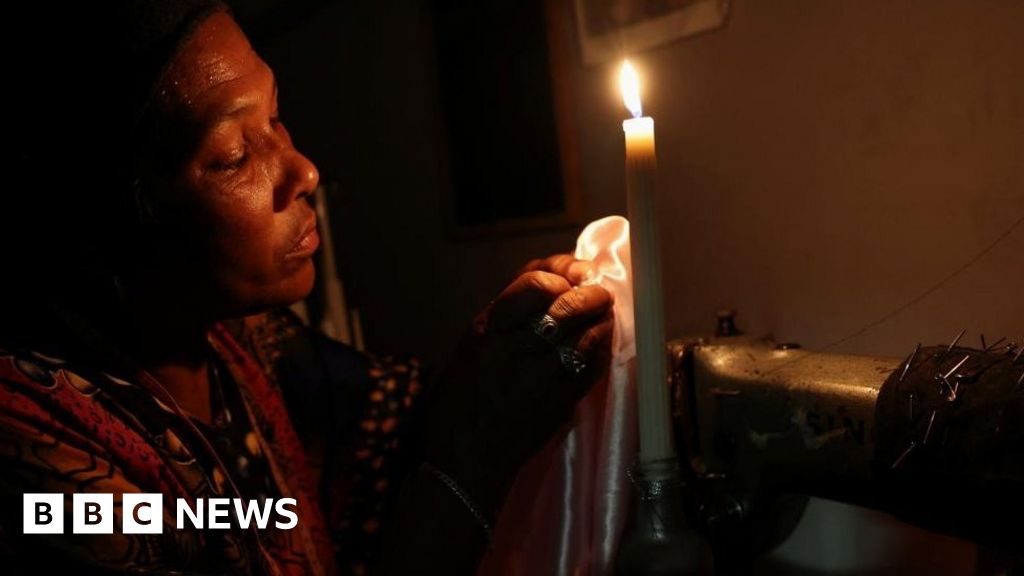The problem with "fixing it" is that it will necessarily cost real people a lot of real money and real effort. Those are things that most people feel like they can't handle, because they are already stressed economically. So, it is in human nature to not believe bad news, especially when it comes from activists who clearly have an agenda, and even just a bit of the rhetoric turns out to be over-blown, even if none of it can be proven absolutely false. People just don't want to think about it, and any excuse to not think about it now helps them avoid it.
Thinking that "the government" is going to "fix it" is also very naive. Actual democracies are not going to be able to elect people who tell them what they don't want to hear until things have gotten to the point where the problems are too obvious to ignore - and that is often when it is far past the time when counter actions were needed to make the impacts least. Think Winston Churchill and the "blood sweat and tears" speech situation.
When the U.S. and most other "Western" counties had the chance 40-to-50 years go to build lots of nuclear power reactors and phase out a lot of fossil fuel use, the "environmentalists" didn't want them and fought them and "won" in just about all the "Western" countries except for France. Now, they are having "second thoughts", but still many don't agree to use nuclear. It is just that the public is changing its mind, again, because there hasn't been a nuclear accident very recently.
Dictatorships are not run by people who care more for the planet, or their own people, more than their own power preservation, so they have been more willing to use nuclear power and coal, which still doesn't address the problem.
So, where is there a solution? Maybe nowhere. But, worth at try, is to convince the public that there are technological solutions available now (rather than some time in the future) that they can afford, now. Some politicians are trying that now, usually with "government subsidies" that "others" (e.g., "the rich") are supposedly going to pay for. The tactic is to get votes with promises and then, later, blame the ending of the subsidies on their political opponents. But, that has been done so often in the past that there are a lot of voters who are not buying it.
What the U.S. really needs is a central planning process that develops a plan to cut CO2 that is realistic, so that there can be technical consensus that it will actually work, both to cut CO2 and in a manner that has life style ramifications that most voters can accept. That is a tall order, and we don't seem to be capable of coming together to do that in the U.S. right now. The idea still seems to be that the government just pushes without knowing the methods for achievement so that the "commercial system" will be forced to develop the methods on a government specified time frame. Right now, there are a lot of people who are not happy with that approach, and they are pushing back, politically.
Activists are going to need a feasible and comprehensive plan to convince the public before it is too late. It needs to address what the sources of energy will be in all sectors (manufacturing, travel, heating, electric power, mining, etc.) and what the resources will be needed to make the necessary infrastructure changes and where those will be obtained, and what the costs will be to various population sectors.
And, "show me" works much better than "tell me about your hopes". When activists can show people that they are driving electric cars instead of (not in addition to) ICE cars, generating solar power and storing it sufficiently to support those electric cars plus their other electric power uses, and eating only low CO2 and methane producing agricultural products, then they will have a convincing message.




